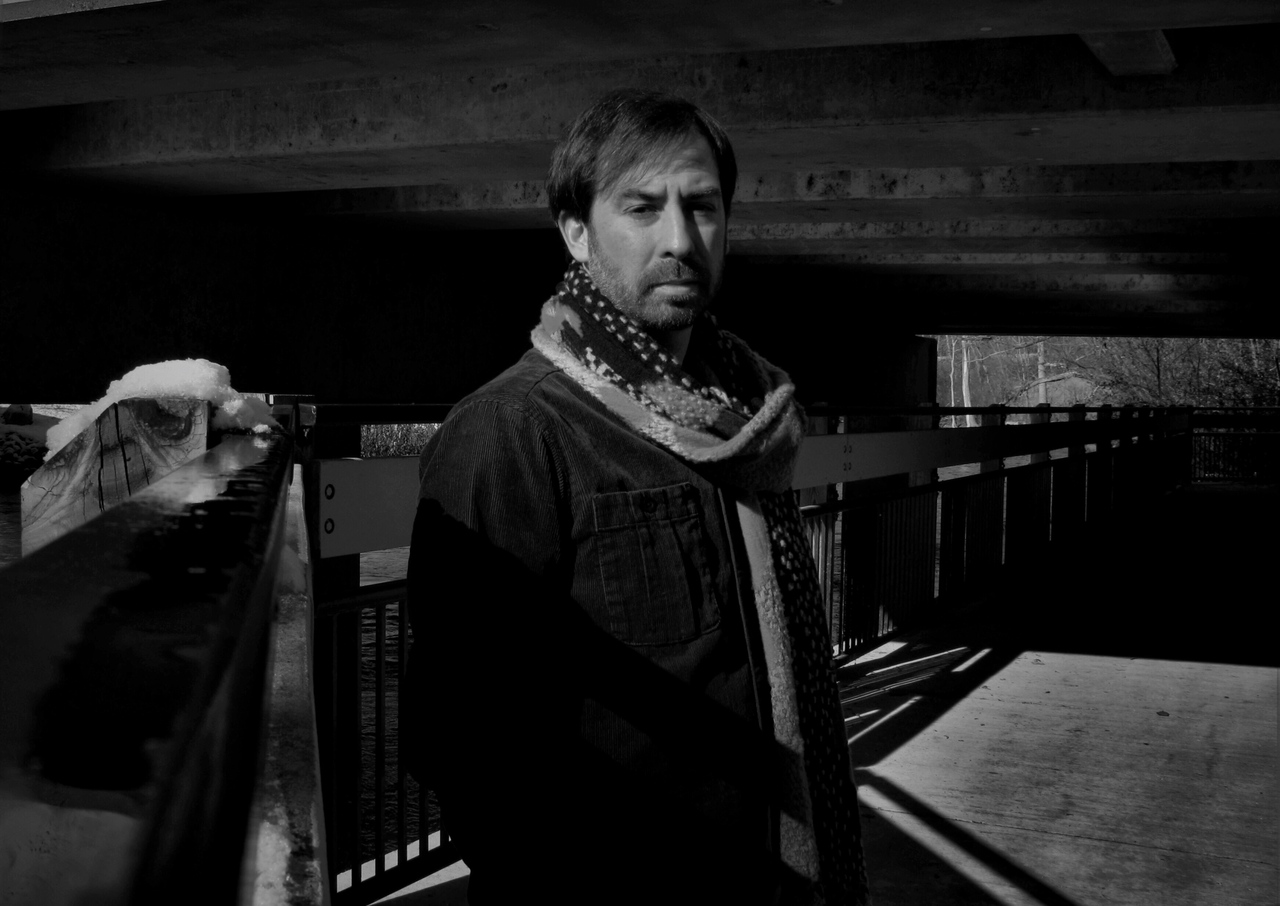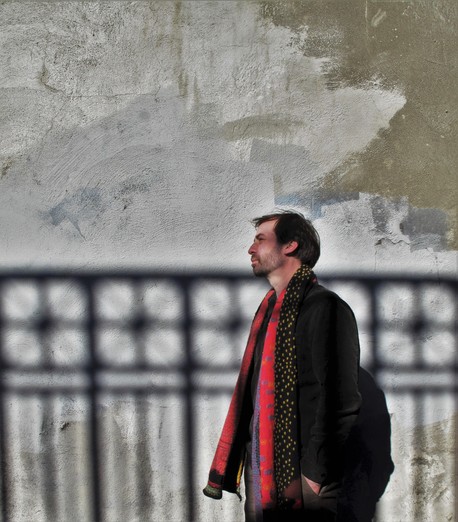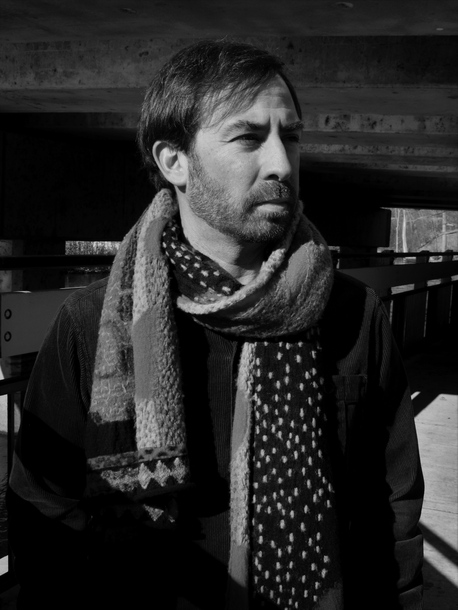How have you been connected with the academic environment in Ann Arbor?
The University of Michigan here is ranked among top Ivy League schools and some of the most prestigious universities worldwide. Also, Eastern Michigan University is in Ypsilanti, our neighbors to the east. Ann Arbor has its problems but it was an oasis for me when I started coming here for a variety of reasons. Public policy protects the many trees and natural areas. We have fresh air for that reason. Many young people, some of the most brilliant artists and artisans, come from Open Schools, innovative teen centers, and community Jazz programs. The community places great emphasis on education... actual education, not just training, but critical development.
Were you involved in any way with these Open Schools?
I wasn't, unfortunately. I wasn't here for college either. In fact, I had little experience with Ann Arbor's education culture. I didn't come from money and I avoided higher education -- partly because I saw students in my position being mired in a system of debt peonage. Beyond being insanely costly, college is not required in my profession. Nevertheless, I wanted more of the residual effects of the diversity, art, and culture that the University attracts.
Were students coming to Dubplate Pressure?
I started working for Todd at Dubplate Pressure and eventually moved to Ann Arbor from Metro-Detroit in 2000.
Ghostly boss,
Sam Valenti was a U of M student when Todd introduced us in his shop. If I hadn't come to work here I don't know if any of this would have happened. As people came and went (as you might expect happens in a small college town), I decided to remain and settle down. I furthered my education by working at the best used record shop downtown,
Encore Recordings, for about 15 years before transitioning to music and painting full-time. Over the years I became acquainted with Mark Jacobson, top dude and senior programming manager at the University Musical Society. He hired me for various performances, including "Indeterminacy" with
Laura Kuhn, founding trustee and executive director of The John Cage Trust. This was at
Once Again Festival, a celebration of the original
ONCE Festival of New Music founded in the 1960s by Ann Arborites Robert Ashley, Roger Reynolds, Gordon Mumma, and more.
What are some of the things you’ve observed across the years regarding women’s presence in the electronic music scene?
Linda G,
Stacy Hale,
Minx,
K Hand,
Liz Warner (Copeland),
Meighen Lovelace,
Lauren Flax,
Lauren Hill, and many more, have been essential in Detroit and throughout my career. While disentitled, women have always been central to our milieu. It's a fact that clubs still attract creeps. Creeps are still standing on the sidelines. Awareness has been amplified on social media but it's important that we extend egalitarian values across all aspects of society, not only in our insular scenes. It's much more commonplace to find women in the industry now but our task is remembering that it’s still male-dominated.
How have you encountered the field of electronic avant-garde? Is it (still) an inspiration for what you do?
A lot of records from post-war academic electronica eventually came to Encore. People would come in to sell their collections. Encore was known for buying all kinds. It was a priceless education. Electronic avant-garde and electroacoustic music are perpetually inspirational. Along with New Music, especially
John Cage's, they are the most relevant disciplines as a listener. It is a totally exploratory experience that helps me realign with the mystery and creative curiosities that drew me to sound in the first place.


